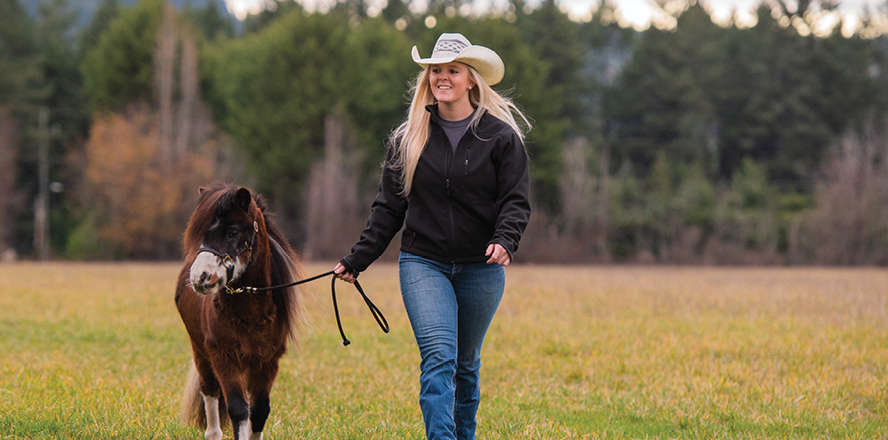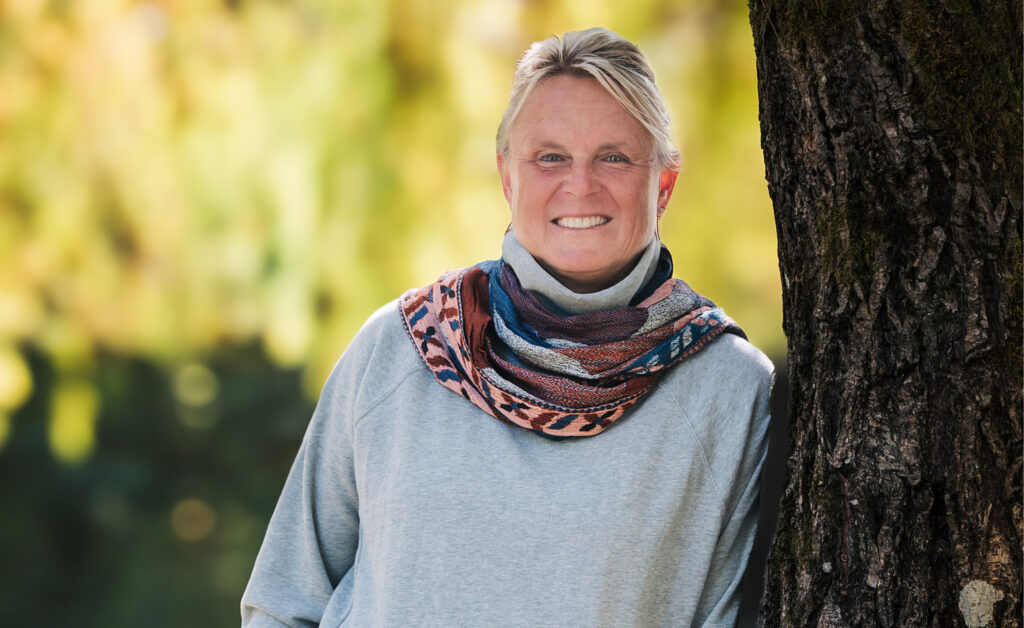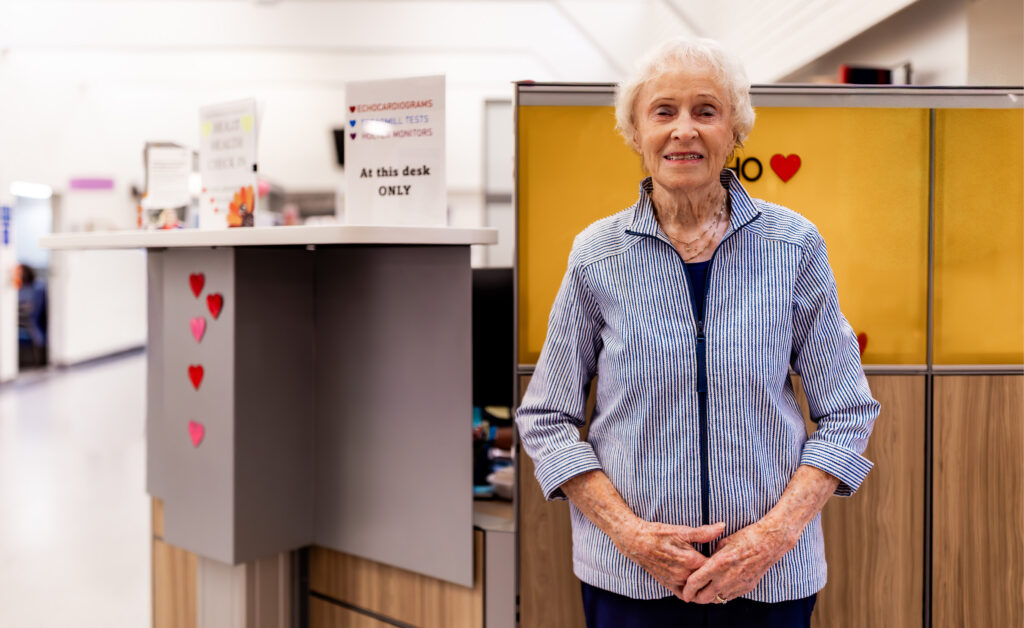by Cassidy Nunn –
Miniature horses, aka “minis” and no, not that kind of sporty automobile, look proportionately like a “big” horse that got shrunk in the wash. They are smaller than ponies, the result of centuries of selective breeding and in general stand between 34 to 38 inches at the wither (the bony structure at the base of the horse’s mane). I’ve seen many dogs that are taller than these tiny equines! They are too small to be ridden, but share the same characteristics and instincts of horses, and can pull a cart, be trained as a service animal, compete in equine agility and many other horse show events. Often they provide companionship for other horses or become family pets, but Lena McMurtry’s 11 miniature horses all have a job, whether it’s as a show horse, brood mare, driving horse or breeding stud. She has big plans for all her minis, who call Karlena Farms home.
Lena grew up on her family’s picturesque farm in Central Saanich and began riding around the age five, having inherited her mum’s love for horses. By the age of eight she was competing in the sport of reining and when a miniature horse was given to her around the same time, she dove in to the world of miniature horses. Two years later she purchased another mini, this time with her own money, and she hasn’t looked back since. She began by showing her minis in 4H, then branched off into Open shows, attending the Saanich, Cowichan and Nanaimo Fairs, which led to her purchasing her first “show quality” miniature horse from Oregon. That horse “opened the door to show at big sanctioned shows,” she says, which are overseen by the American Miniature Horse Association (there’s no Canadian version of this association). Competitions include classes in different styles of driving such as Classic or Country, and then several “in hand” classes – where the horse is led by a handler – such as jumping, obstacles, showmanship (which is judged 80% on the handler and 20% on the horse) and halter (where the horse’s confirmation is judged).
Purchasing a show quality mini can cost anywhere between $2,000 to $5,000 and Lena is no stranger to the world of horse sales. She’s been breeding, training and selling her own minis for years now, having purchased her first “stud” mini in 2013. Most of the foals at Karlena Farms are born between March and May and they get to “hang out all summer here on the farm,” she says. The foals are then weaned from their mothers over the winter and in the spring she begins their training, usually keeping a few to show and selling any others.
In 2015 Lena travelled to compete at the Calgary Stampede, which is the highest level for miniature horse competing in Canada, for the first time. She describes the adventure as being “quite nerve wracking,” but she did incredibly well, coming home with seven Championship buckles to add to her collection of ribbons, trophies and buckles.
When Lena is not competing her minis, she’s also an original member of the Coastal Cowgirls Drill Team, a sponsored group of six gutsy riders who ride in a set pattern, at speed, to music, similar in some ways to the musical ride. You can see them every year at the Saanich Fair or the Mane Event on the mainland as well as at a handful of other fairs and rodeos. Lena is currently a student at Camosun College and works part time for an equine vet. In her spare time, of which I can only imagine there’s not much of, she looks after her 60 heritage breed chickens. Every year she hatches out close to 400 chicks and raises them to three months when she then sells them.
Lena is looking forward to working with her new stud horse Neil (the stallion in the photo) and competing him next show season. “I like where I’m at in the horse department,” she says, smiling, “I don’t think I could not be in the horse world.”




